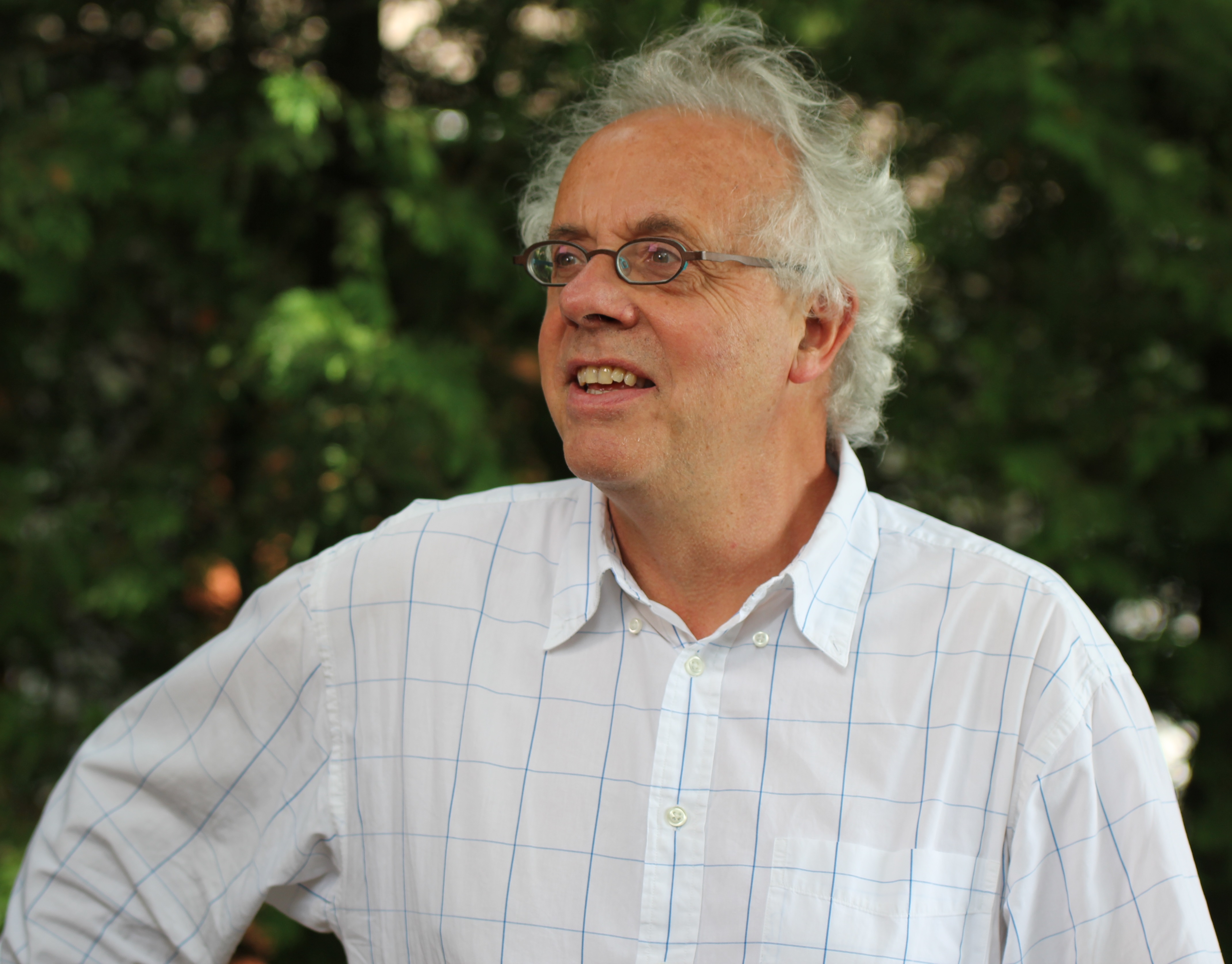Free and open public debate becomes impossible if all those who are seriously ill or bereaved must be beyond criticism, says Richard Smith
 Recently Tom Watson, the deputy leader of the Labour party, criticised some officials in the party, including Jenny Formby, the general secretary, after watching a television programme that alleged that those officials had interfered with the party’s disciplinary system investigating cases of antisemitism. Diane Abbott, a senior politician in the party, retweeted this Tweet: “@tom_watson you’re engaged in public attacks on the Labour Party’s General Secretary @JennieGenSec despite your clear knowledge she is receiving chemotherapy treatment for cancer. This is not behaviour befitting of the Office of Deputy Leader. You should consider your position?” (“Consider your position” for those who don’t know is the accepted code for “resign.”) But should somebody who is being treated for cancer be exempt from criticism?
Recently Tom Watson, the deputy leader of the Labour party, criticised some officials in the party, including Jenny Formby, the general secretary, after watching a television programme that alleged that those officials had interfered with the party’s disciplinary system investigating cases of antisemitism. Diane Abbott, a senior politician in the party, retweeted this Tweet: “@tom_watson you’re engaged in public attacks on the Labour Party’s General Secretary @JennieGenSec despite your clear knowledge she is receiving chemotherapy treatment for cancer. This is not behaviour befitting of the Office of Deputy Leader. You should consider your position?” (“Consider your position” for those who don’t know is the accepted code for “resign.”) But should somebody who is being treated for cancer be exempt from criticism?
It’s a natural and kind reaction to be gentle with people who are seriously ill or bereaved. Most of us don’t want to argue with or criticise people who are suffering, which is, of course, what leads to the platitudes of obituaries and the insistence that every young person who dies was “truly special.”
Even Theodore Dalrymple, a gifted writer, right-wing, pessimist ex-doctor, succumbed to what he called “uncritical awe.” In Spoilt Rotten!: the toxic cult of sentimentality he wrote:
“…the habit of listening with uncritical awe to those who have suffered greatly, purely on account of their sufferings, probably started after the Second World War, and became a culturally-ingrained habit. It is indeed psychologically difficult to contradict someone known to have suffered greatly: I have myself listened to people who have been horribly tortured or abused and who have said things that were plainly mistaken…I felt acutely that, never having suffered anything comparable myself, I was not in a moral position to contradict them, however logical or well-founded my objections. Their opinions counted for more than mine precisely because of what they had experienced. The right to an uncontradicted opinion was earned by suffering.”
But what about those who enter public debate? The assertion that you can’t criticise somebody like Formby, who is a leader in a hotly-contested political environment, seems absurd. If she can’t be criticised she should surely step down from her position. And even if she did step down because she was seriously ill should her past actions be beyond criticism? I think not. Free and open public debate, which is fundamental in a democracy, becomes impossible if all those who are seriously ill or bereaved must be beyond criticism.
I encountered this question recently in a debate about an article on a legal case. The author made some strong judgements about the family involved in the case: “The doctors and nurses…were certainly the whipping boys for the…family’s inadequate understanding of death and dying…the family channeled their grief and rage against fate into conflict with doctors over this non-issue…[X] complained that she was being ‘badgered’ about this issue. Her family has ensured that every elderly person admitted to hospital will be ‘badgered.’”
A colleague of mine thought the language “unnecessarily insulting,” and her comments led a group of us into a discussion of whether this bereaved family who had suffered should be criticised in this way. The family had taken legal action, and the case has had a considerable effect on medical practice. It’s hard to see how the family can be made exempt from criticism. Perhaps the opinion of the author is misguided and the language could have been more temperate (although I’m not saying it is), but once you enter public debate you cannot be exempt from criticism no matter how ill or grief-stricken you might be—and it is likely that some of that criticism will be strong and misguided. If you don’t want to be criticised you should avoid public debate.
These considerations were relevant in the cases of Charlie Gard and Alfie Evans, where the families of seriously ill children engaged in what can correctly be called a battle with the doctors and nurses. The families wanted treatment to continue despite the judgement of the doctors that such treatment was futile and would increase the suffering of dying children. Ideally the cases would have been settled through skilled mediation, but they became high profile cases in the media with lots of pejorative language from the supporters of the families.
It’s very hard in such circumstances for observers to be publicly critical of the families—and it is surely impossible for those caring directly for the children to be critical because they must do what they can to maintain what remains of the therapeutic relationship. But when a public debate rages, as it did in these cases, it must be possible for the families to be criticised—otherwise public debate and understanding will be severely constrained and we will all lose.
Everybody will sympathise with Jenny Formby that she has cancer, but in her job she cannot be beyond criticism.
Richard Smith was the editor of The BMJ until 2004.
